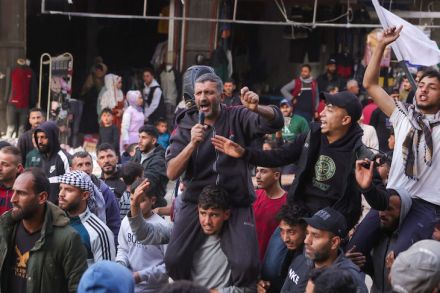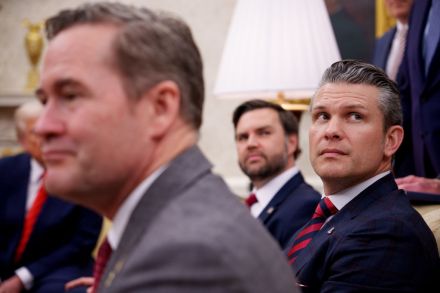Why are there more protests against Hamas in Gaza than Britain?
You’re more likely to see a protest against Hamas in Gaza than in London. For brave, spirited agitation against this army of anti-Semites that murders Israelis and oppresses Palestinians, forget Britain’s activist class – they’re too busy frothing about the ‘evil’ Jewish State morning, noon and night. Look instead to the bombed-out Gaza Strip itself, where, finally, fury with Hamas is bubbling over. If Palestinians vented their Hamas criticism in Britain, they would get an earful from ‘progressives’ Hundreds of Gazans took to their rubble-strewn streets to register their disdain for Hamas. Around a hundred gathered in Beit Lahia in the north of Gaza, brandishing placards saying ‘Stop War’ and





















